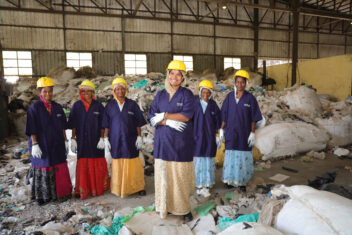Simplified sewerage partnerships: Reaching more Kenyans with safe sanitation and water
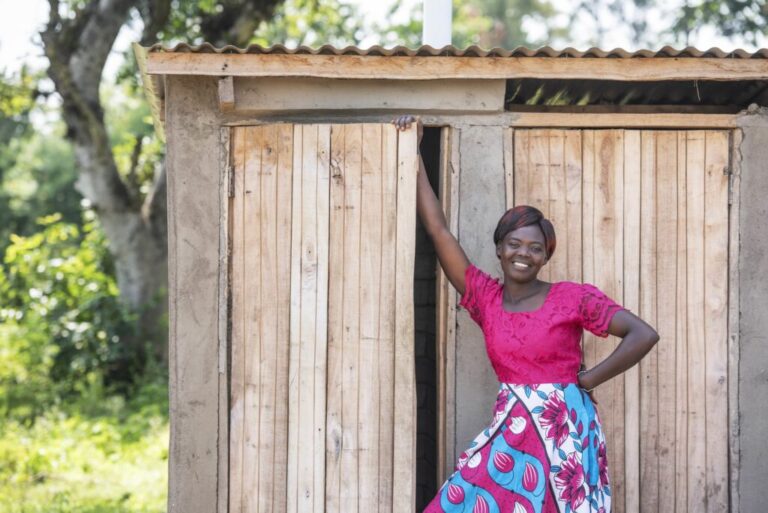
Wastewater issues in Kenya
According to the WHO, in 2020, only 54% of the world population could access safely managed sanitation systems, while 1.7 billion people were not able to access even a basic one. Besides, 45% of household wastewater was discharged unsafely. Lack of sanitation and poorly managed wastewater can negatively affect society: health, economics, environment, and education, are all impacted by poor community and environmental health. It is estimated that 829,000 people from low- and middle-income countries have died each year due to unsafe water, improper sanitation, and hygiene. Specifically, poor sanitation has caused 432,000 of these deaths. We’re implementing simplified sewerage in Kenya to try to tackle one piece of this critical sanitation issue.
Simplified sewerage: An inclusive solution for improved health
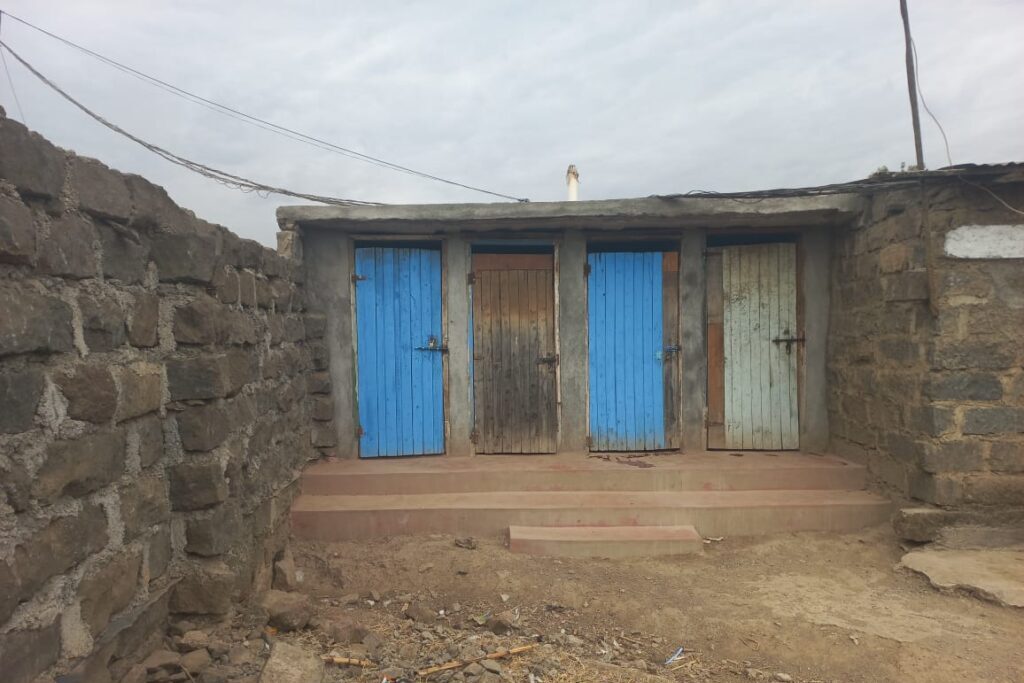
Kenya is among the countries with underdeveloped sanitation facilities and services. According to UNICEF, only 29% of Kenya’s population can access upgraded sanitation systems. Furthermore, open defecation remains a significant problem. As a result, 80% of over 6,600 deaths from diarrhea of children under five are due to poor water, sanitation, and hygiene. To provide citizens with clean water and quality sanitation, our Financial Inclusion Improves Sanitation & Health (FINISH) Mondial programme has partnered with WaterWorX, the World Bank and NAWASSCO, to implement simplified sewerage in Nakuru, Kenya.
What is simplified sewerage?
A simplified sewer describes a sewerage network that is constructed using smaller diameter pipes laid at a shallower depth and at a flatter gradient than conventional sewers. The simplified sewer allows for a more flexible design at lower costs (SSWM).
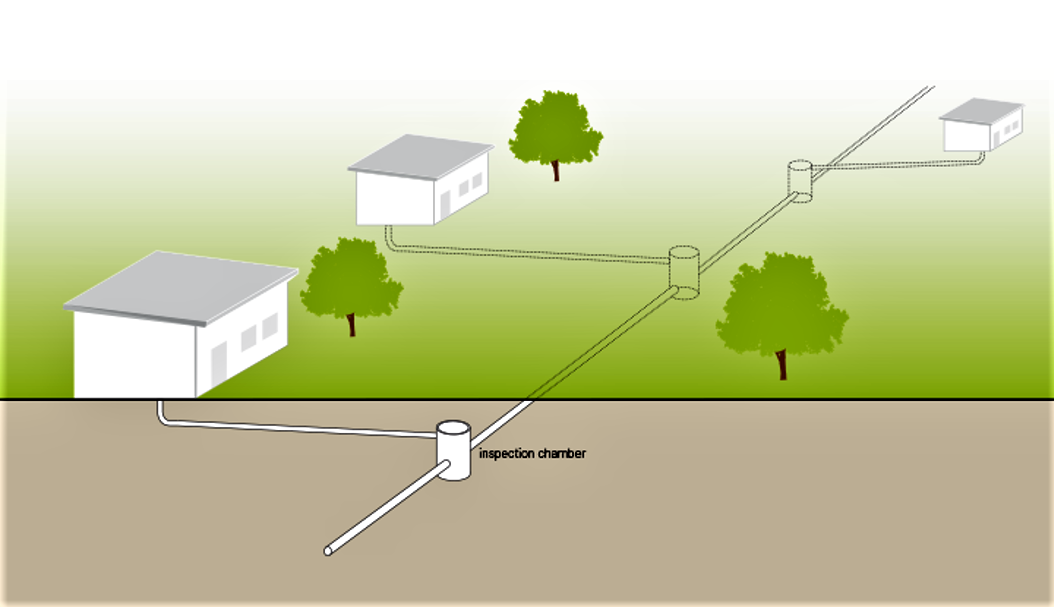
What experiences in safe sanitation are we drawing on?
The first employment of simplified sewerage was in Brazil in the 1980s and has served about 1.5 million people in the metropolitan city of Brasília, the federal capital of Brazil. The ‘Condominium Sewer’ model is the format of application of this simplified sewerage in Brasília, and now, in Kenya. Compared with conventional sewerage, the simplified version is more suitable for high density and low-income areas.
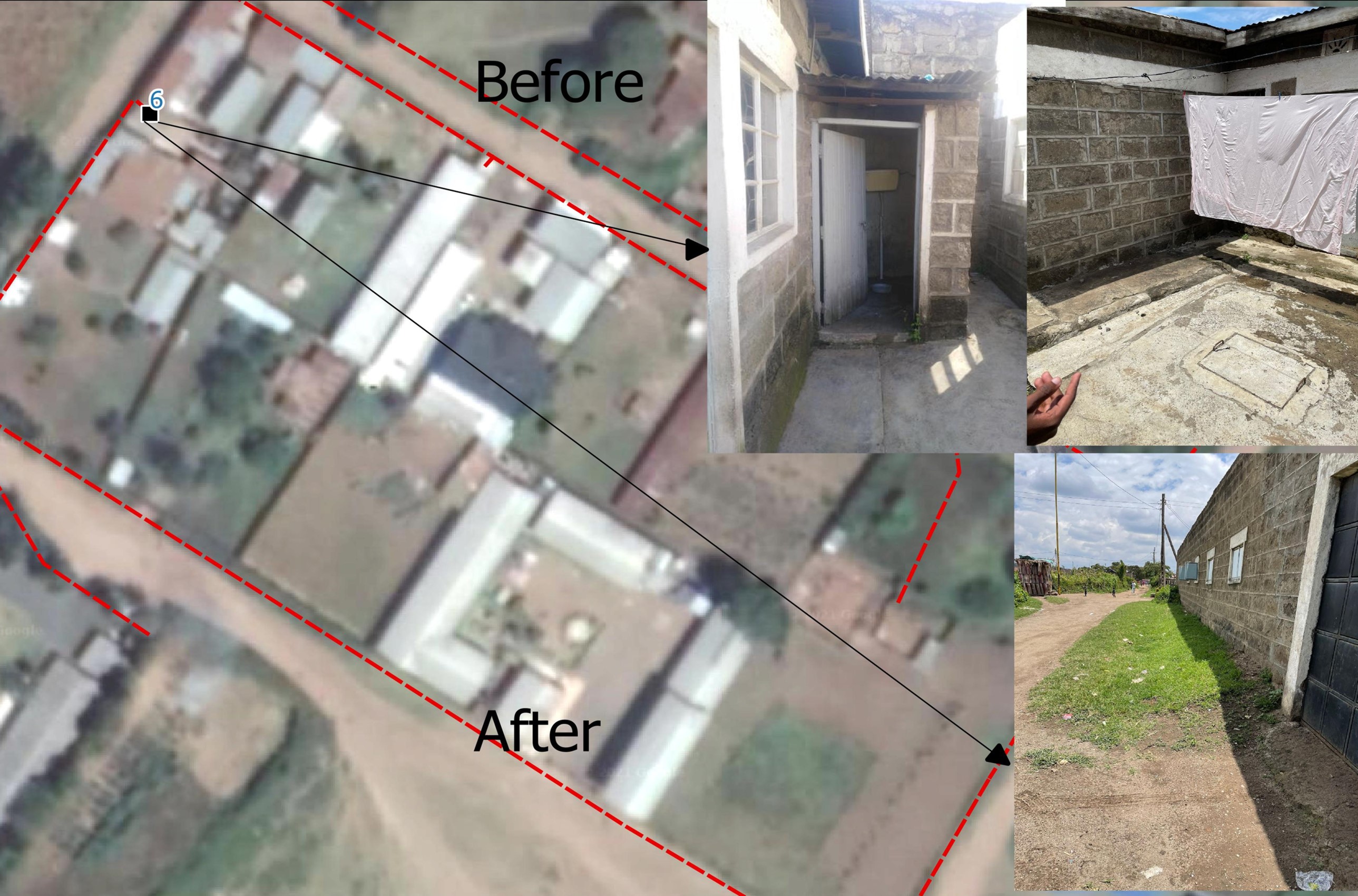
Conventional sewerage systems are expensive. They require in-house multiple-tap level water supply service. In low-income and some climactically drier areas, people do not have this high level of water supply, thus making it inoperable to use conventional sewerage.
The Condominium, on the other hand, are more flexible, cheaper, and easier to function. This system receives all household wastewater through small-diameter sewers laid at shallow gradients; thus, it can reduce costs and pipe usage. Besides, it only demands a simple water supply such as one tap per household to function, making it a feasible system. One feature that clearly distinguishes this from the conventional one is that it goes after the users. To be specific, it includes participants and future owners of the system; thus, it can be modified to adapt depending on the situations of each area. Also, this new system is easy to operate and maintain.
This Condominium sewerage is an ongoing project expected to reach 10,000 people in Nakuru, Kenya.
Improving sanitation & health in Kenya
With over 6,000 improved sanitation facilities constructed for households and schools and 2-million-euro loans mobilised from financial partners, our FINISH Mondial programme has expanded to four more counties in Kenya, namely Meru, Embu, Tharaka Nithi, and Kitui. The Condominium sewerage initiative aims to reach more Kenyans with access to safe and clean water and sanitation, in an affordable and accessible way.
Get in touch with our FINISH Mondial Ethiopia and technical lead, Henock, Belete Asfaw, to learn more about our work developing effective sanitation and waste management solutions.


